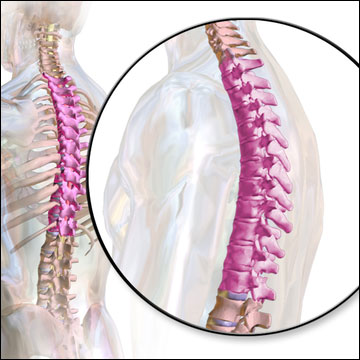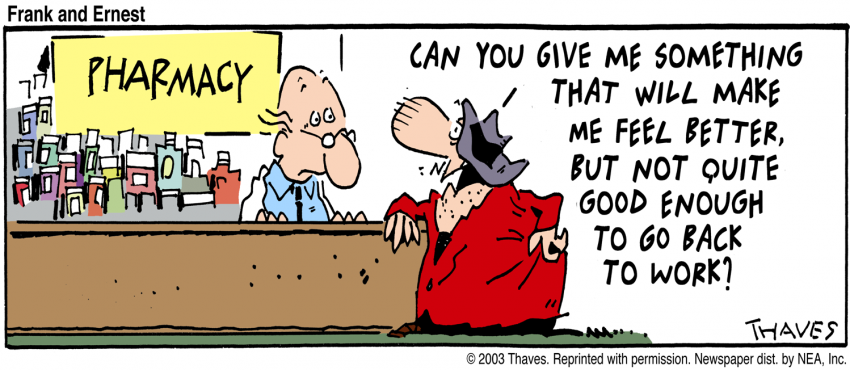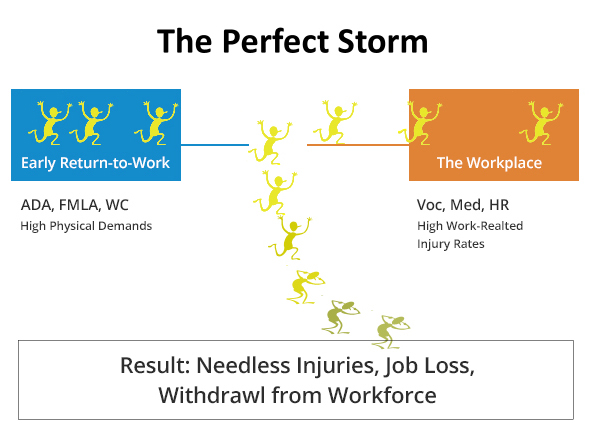The Importance of Clinically Correlating Functional Capacity Evaluation (FCE) Findings
In Chapter 16 of Guide to the Evaluation of Functional Ability, Genovese & Galper 2009, the chapter authors clearly make the case that a Functional Capacity Evaluation (FCE) is a clinical evaluation used to answer questions about an evaluee’s abilities (and limitations) relative to a medical condition(s). Moreover, because the FCE is a clinical evaluation, it needs to be performed by a qualified health care provider.
The discussion points out however, that many FCE evaluators do not produce reports that clinically correlate medical findings (found during the FCE or from review of medical records) with the functional findings of the FCE. In fact, the authors point out that reports they have reviewed provide evidence that some evaluators believe:
- An FCE is a “plug and chug” totally objective process, and that all the clinician has to do is gather data and input it into their computer program;
- The protocols are stand-alone and that the scoring procedures allow an evaluee’s physical abilities to be determined independent of any clinical judgment;
- The evaluator’s role is more technical than clinical, simply observing performance and recording results.
These points could not be further from the truth. Clinical judgment within the functional testing process is not only a positive, it is a must in order for the FCE findings to be meaningful and useful.
Some FCE systems boast that their systems use “distraction-based” testing that is intended to investigate the issue of validity of effort and are entirely focused on objectively determining non-cooperative and poor effort in a legally-defensible way. These systems miss the point of why FCEs should be used.
The FCE as a clinical evaluation performed by a qualified health care professional will identify:
- Are there activities the evaluee cannot do or should not do because of an underlying health condition;
- Are there activities that might worsen the condition, delay or interfere with the recovery;
- Are their activities that may put the evaluee or others at risk if performed by the evaluee.
As the authors so eloquently point out, a skilled FCE evaluator must demonstrate that the underlying health condition has an effect on the evaluee’s functional performance, or visa versa.
It is for these reasons that the FCE can only be properly performed by professionals knowledgeable in anatomy, physiology, pathology, kinesiology; have skills in clinical and functional evaluation methods; and are able to draw conclusions by considering the evaluee’s injury or illness in the context of all the other findings.
Clinical judgement based on solid testing protocols and scoring procedures is the gold standard for determining an evaluee’s function.
Sandy Goldstein, PT, CDMS is a physical abilities measurement specialist, and performs functional testing for SSDI, STD, LTD, PI, WC, Pre-Vocational Planning as well as return-to-work transitions. He can be reached at https://measurabilities.com/ or 480-285-6212
Related Posts






 In Bob’s case, the damage was to the thoracic area, located in the middle of the spine. After surgery and extensive physical rehabilitation, he was declared maximum medically improved with permanent restrictions.
In Bob’s case, the damage was to the thoracic area, located in the middle of the spine. After surgery and extensive physical rehabilitation, he was declared maximum medically improved with permanent restrictions.

